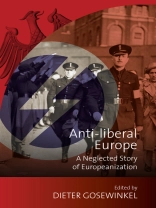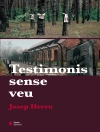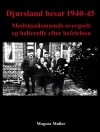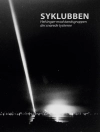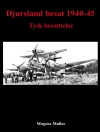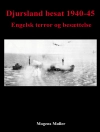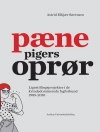The history of modern Europe is often presented with the hindsight of present-day European integration, which was a genuinely liberal project based on political and economic freedom. Many other visions for Europe developed in the 20th century, however, were based on an idea of community rooted in pre-modern religious ideas, cultural or ethnic homogeneity, or even in coercion and violence. They frequently rejected the idea of modernity or reinterpreted it in an antiliberal manner. Anti-liberal Europe examines these visions, including those of anti-modernist Catholics, conservatives, extreme rightists as well as communists, arguing that antiliberal concepts in 20th-century Europe were not the counterpart to, but instead part of the process of European integration.
Table of Content
List of Illustrations
Acknowledgements
Part I: Concepts
Chapter 1. Anti-liberal Europe: A Neglected Source of Europeanism. Introduction
Dieter Gosewinkel
Chapter 2. The Elusiveness of European (Anti-)liberalism
Michael Freeden
Part II: Antiliberalism: a feature of colonial and conservative concepts of Europe
Chapter 3. Europe as a Colonial Project: A Critique of Its Anti-liberalism
Fabian Klose
Chapter 4. Facing the Future Backwards. ‘Abendland’ as an Anti-liberal Idea of Europe in Germany between the First World War and the 1960s
Vanessa Conze
Chapter 5. The Call for a New European Order: Origins and Variants of the Anti-liberal Concept of the “Europe of the Regions”
Undine Ruge
Part III: Antiliberal Europe in dictatorships and their aftermath
Chapter 6. The ‘New European Order’ of National Socialism. Some Remarks on Its Sources, Genesis and Manifestations
Jürgen Elvert
Chapter 7. Three Kinds of Collaboration: Concepts of Europe and the ’Franco-German Understanding’ – The Career of SS_Brigadeführer Gustav Krukenberg
Peter Schöttler
Chapter 8. Communist Europeanism: A Case Study of the GDR
Jana Wuestenhagen
Afterword: The Limits of an Anti-liberal Europe
Martin Conway
Notes on Contributors
Index
About the author
Dieter Gosewinkel is Professor of Modern History at the Freie Universität Berlin, and researcher and co-director of the Rule of Law Center at the Wissenschaftszentrum Berlin für Sozialforschung (WZB). His recent books include Die Verfassungen in Europa 1789 – 1949: Eine wissenschaftliche Textedition (co-edited with Johannes Masing and Andreas Würschinger 2006) and Wissenschaft, Politik, Verfassungsgericht (with Ernst-Wolfgang Böckenförde 2011).
